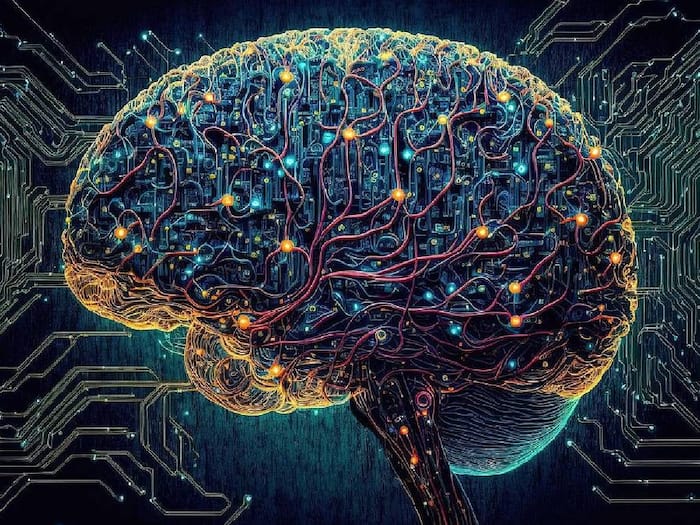
Written By Deepti Ratnam
Published By: Deepti Ratnam | Published: Sep 18, 2024, 06:16 PM (IST)

Artificial intelligence (AI) has made its way into numerous industries, but few transformations have been as significant as those in healthcare. With the rapid advancement of AI, tech giants like Google are taking bold strides in medical innovation.
One of Google’s most groundbreaking developments in this space is its AI-driven tool, Health Acoustics Representation (HeAR), which aims to detect diseases through sound—specifically, analyzing coughs to diagnose illnesses.
HeAR (Health Acoustics Representation) is an AI model developed by Google that focuses on the analysis of sounds produced by the human body, particularly coughs, to identify potential health issues. This AI system uses advanced machine learning algorithms to recognize patterns in cough sounds that are often imperceptible to the human ear. Doing so can help detect various respiratory and other health-related conditions, such as asthma, pneumonia, or even early-stage COVID-19.
The HeAR model is trained using vast datasets of audio recordings—sounds like coughs and breathing patterns—from healthy individuals and those with specific medical conditions. These datasets allow the AI to develop an acoustic fingerprint of different diseases, enabling it to make informed predictions about a person’s health based solely on the sound of their cough.
Coughing is one of the most common and early symptoms of many illnesses, but it’s notoriously nonspecific. People with colds, allergies, or serious respiratory infections all cough, making it difficult for trained physicians to distinguish between them based on sound alone. Here, AI shines. HeAR is designed to spot subtle differences that may elude traditional medical examinations by analyzing millions of cough samples.
This AI-driven system can operate with low-cost tools, making it accessible even in regions with limited healthcare resources. By integrating HeAR into smartphones or wearable devices, individuals may soon be able to record their cough and get a reliable, on-the-spot assessment of their respiratory health without needing to visit a doctor.
Google has long been involved in healthcare through its various platforms, such as Google Health, but its AI innovations have taken things to the next level. From improving diagnostic tools to predicting patient outcomes, the company’s focus is on leveraging AI to assist healthcare providers and researchers.
HeAR is part of Google’s broader push into AI-assisted diagnostics, a trend reshaping healthcare’s future. The underlying technology in HeAR is similar to that used in Google’s work with medical imaging—using machine learning to detect abnormalities in chest X-rays and mammograms. Just as AI can recognize patterns in imaging data, it can also detect audio markers that suggest a range of health conditions.
The development of HeAR brings multiple benefits to healthcare systems worldwide. One key advantage is accessibility. In areas where access to healthcare is limited, this technology could provide life-saving insights. All it requires is a microphone and a mobile device—both widely available. Patients could receive an early warning of a severe condition by recording a cough on their smartphone and uploading it to an AI-powered health app.
Moreover, speed and accuracy are essential advantages. The AI can analyze a sound in mere seconds, and because a vast amount of data backs it, it can be highly accurate. Early detection means earlier interventions, which could save lives and reduce healthcare costs.
However, challenges remain. Privacy concerns loom large when dealing with sensitive medical data, especially when it involves continuous monitoring via mobile devices. Additionally, while AI has shown promise, it still requires validation from the broader medical community and more comprehensive testing across diverse populations to ensure it works effectively on a global scale.
Google’s HeAR model represents a glimpse into the future where AI will become a critical component in everyday healthcare. As machine learning technology advances, the applications will expand beyond diagnosing respiratory diseases. With the ability to analyze a variety of body sounds—such as heartbeats, breathing, and even speech—AI could eventually provide a more complete picture of a person’s health through non-invasive means.
With further research, Google and other tech giants are on the verge of transforming healthcare by using AI as a tool for preventative care. Detecting diseases early through everyday actions like coughing could become the norm, improving health outcomes for millions worldwide.